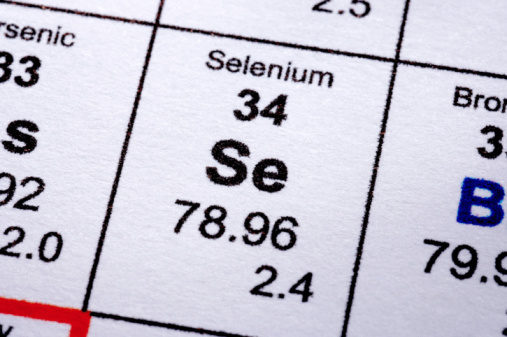Coventry, U.K.—Taking too much selenium will negatively affect your cholesterol, say researchers from the University of Warwick. The group, led by Saverio Stranges, published data in the Journal of Nutrition indicating that those with higher levels of selenium in their blood (more than 1.20 µmol/L) had increased total and non-HDL cholesterol levels. The study included 1,042 individuals, 48% of whom took dietary supplements.
In a press statement distributed by the University of Warwick, Stranges cautioned against the widespread use of selenium. He stated, “This use has spread despite a lack of definitive evidence on selenium supplements’ efficacy for cancer and other chronic disease prevention. The cholesterol increases we have identified may have important implications for public health. In fact, such a difference could translate into a large number of premature deaths from coronary heart disease.”
According to Richard A. Passwater, Ph.D., vice president of research and development at Solgar and noted selenium researcher, there’s more to the story. In fact, he explains that much scientific evidence points to selenium as being protective against cardiovascular disease, specifically for shielding good cholesterol from oxidation, playing a role in heart function and being inversely ass ociated with cardiovascular disease.
ociated with cardiovascular disease.
Says Passwater, “Of the studies that examine selenium and cardiovascular disease, there are two general findings: either an inverse relationship or no relationship. There are no findings of a direct relationship between selenium and cardiovascular disease.”
He also believes the Stranges study design may have some flaws. First, the group did not take into account whether study participants were taking cholesterol-lowering drugs. And, it did not consider whether selenium had an effect on “more significant serum risk factors or disease endpoints,” says Passwater. “While serum lipids such as total cholesterol, LDL and HDL are decades-long favorites, they are relatively minor indicators of risk and are relatively poor predictors of cardiovascular disease.” He suggests oxidized LDL, for example, is a better indicator of heart disease risk.
Readers interested in reviewing a list of selenium studies referenced by Passwater should contact WholeFoods at
kaylynnebner@wfcinc.com.
Published in WholeFoods Magazine, January 2010










